From yesterday. Will post also to pagedmedia.org
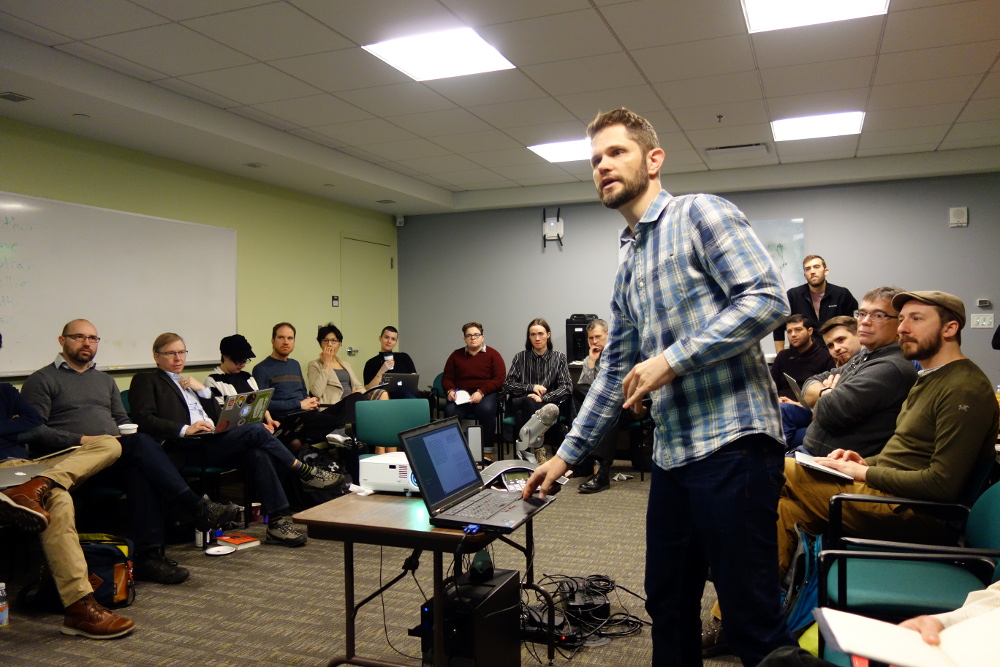
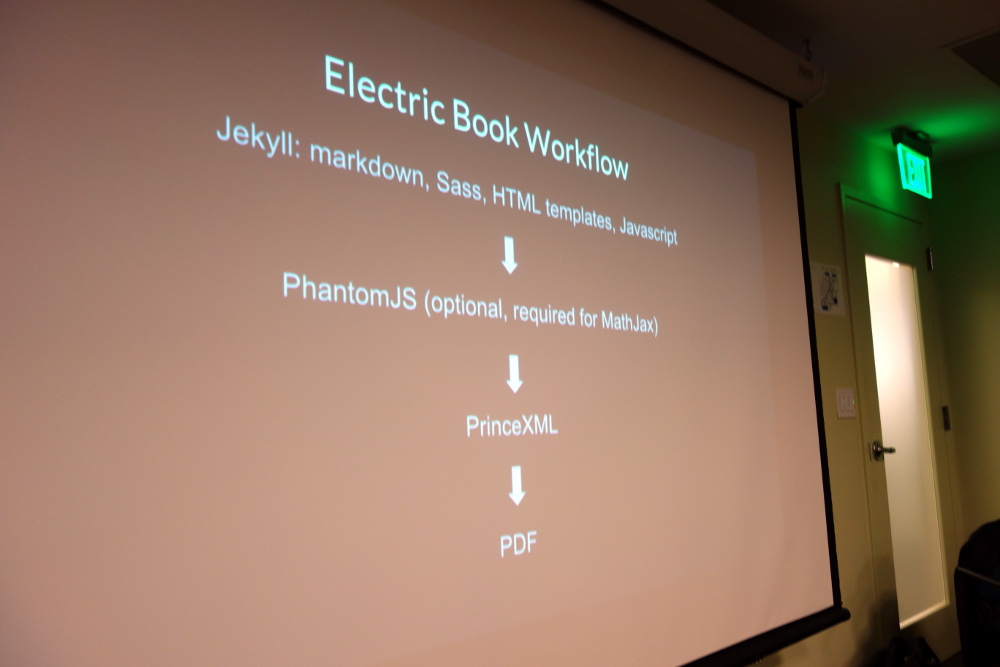
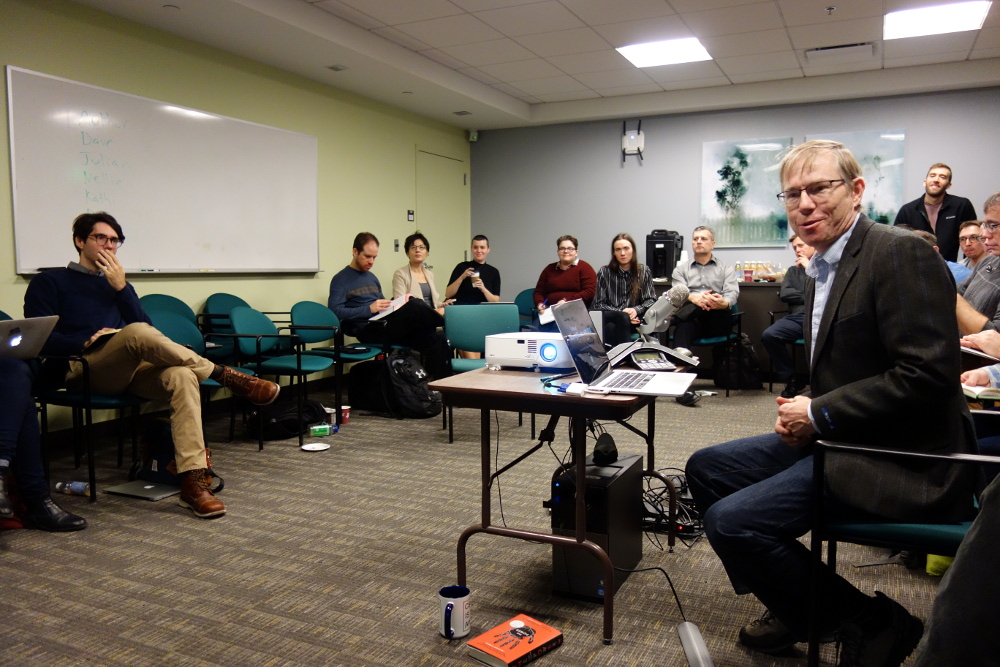
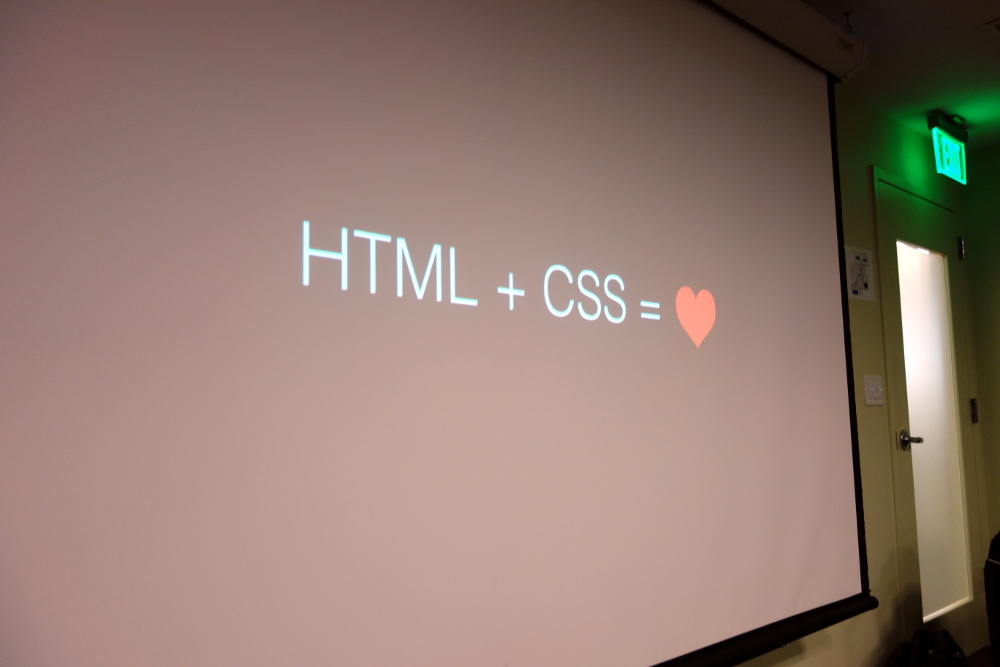
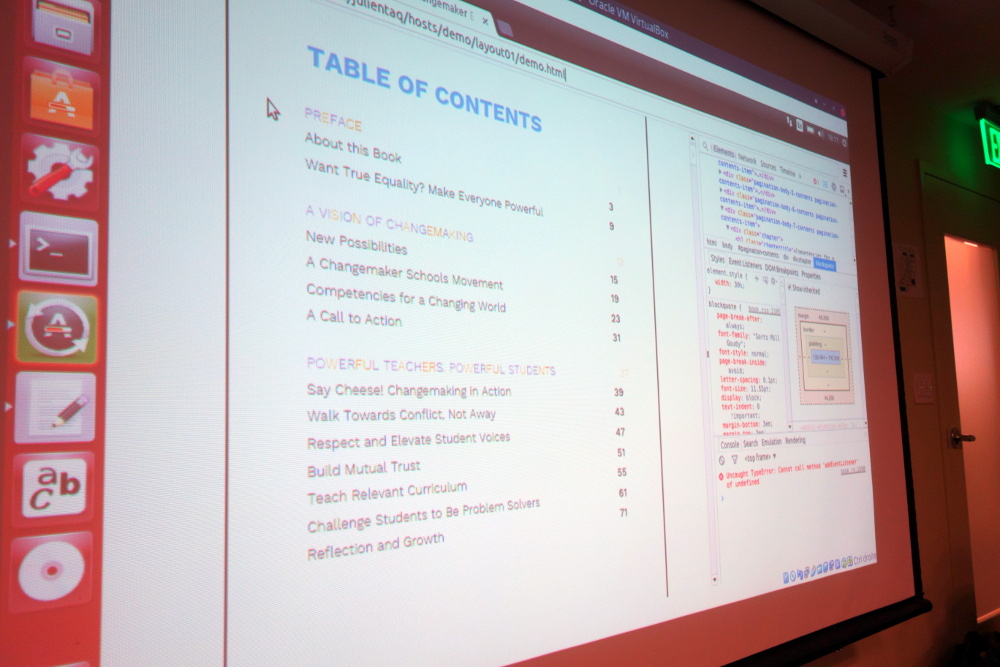
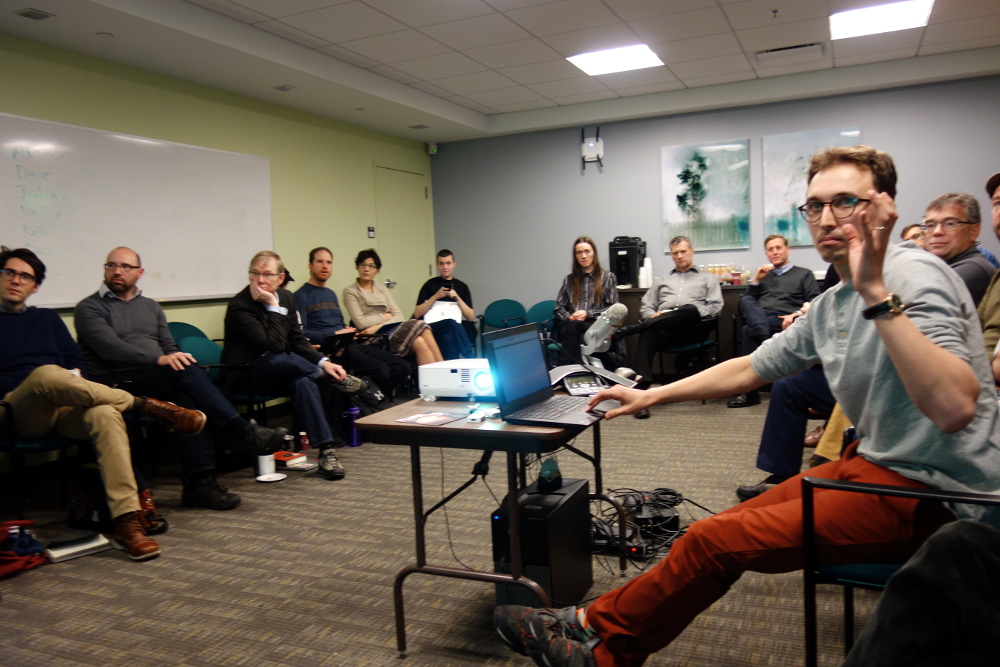
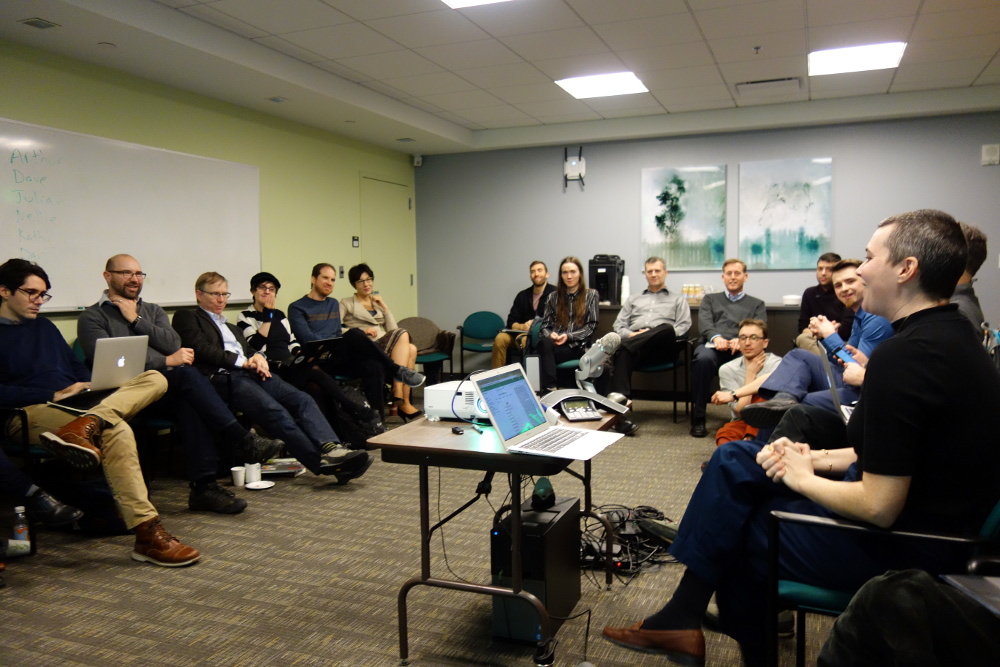
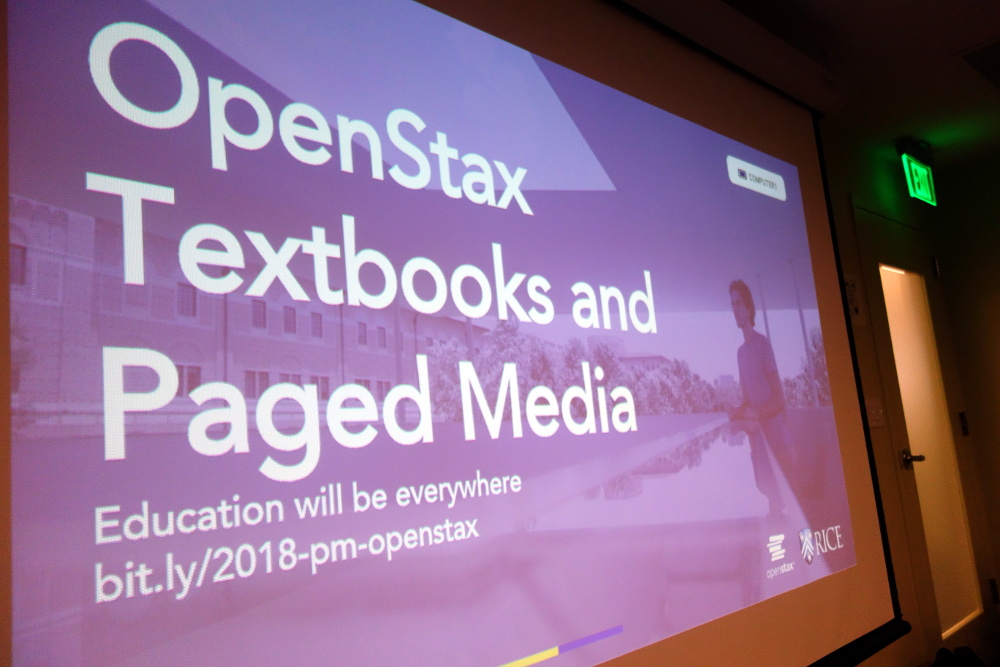
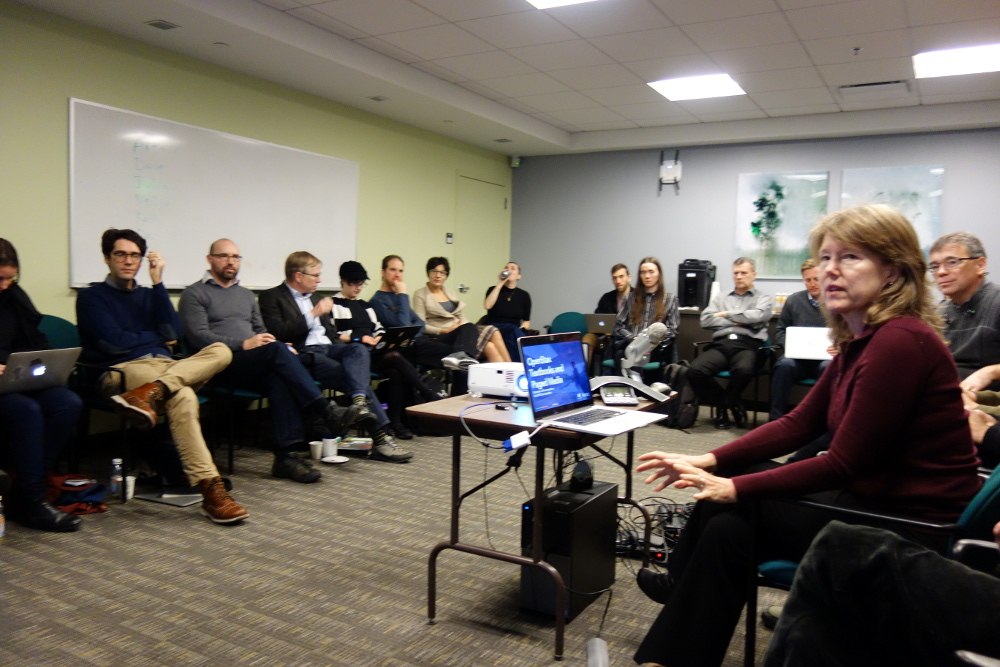
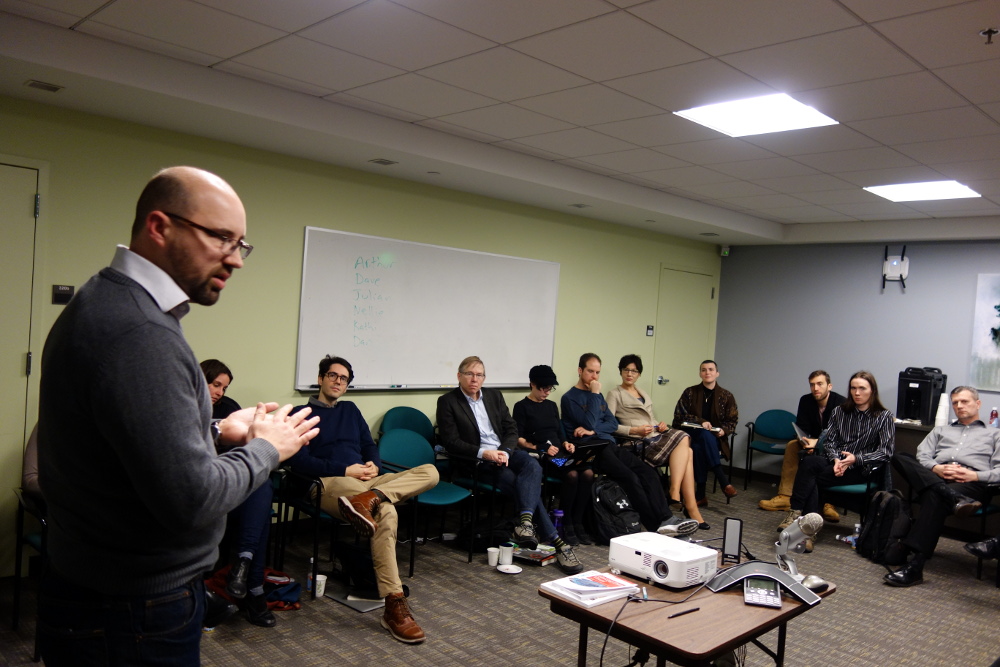
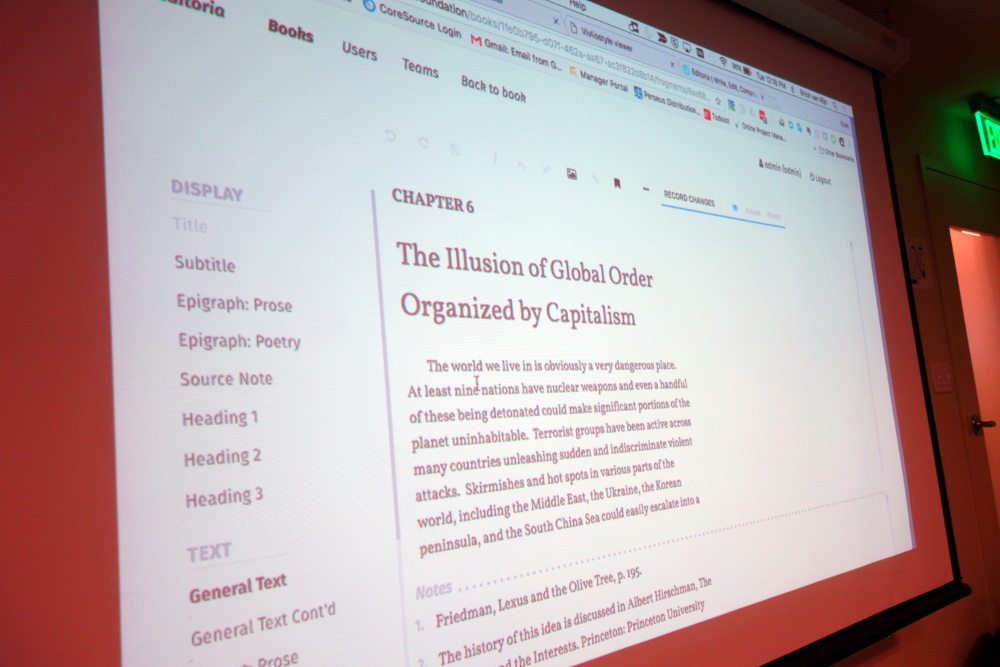
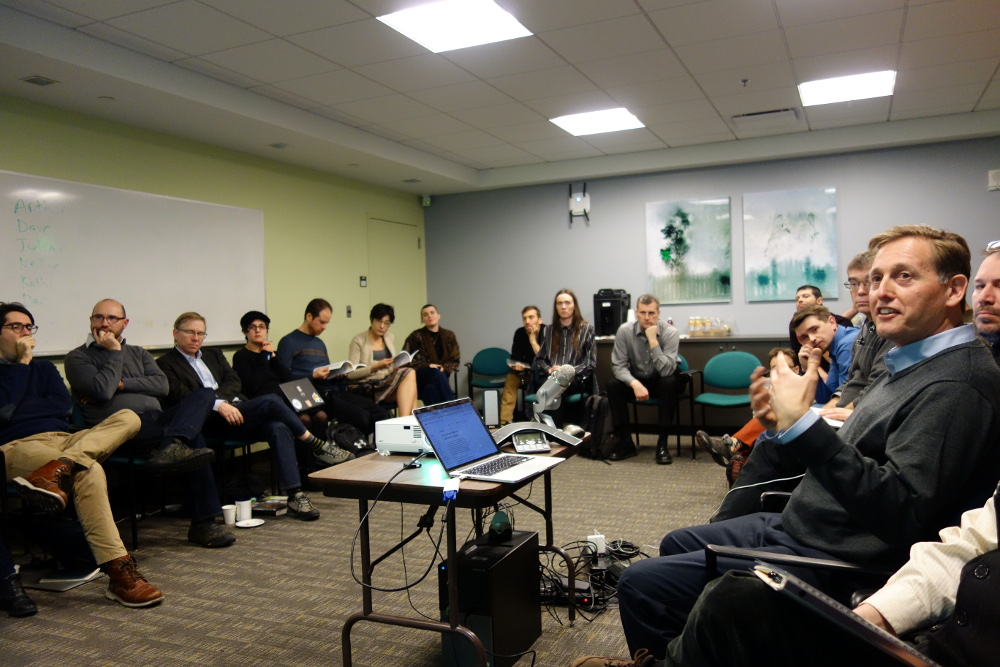
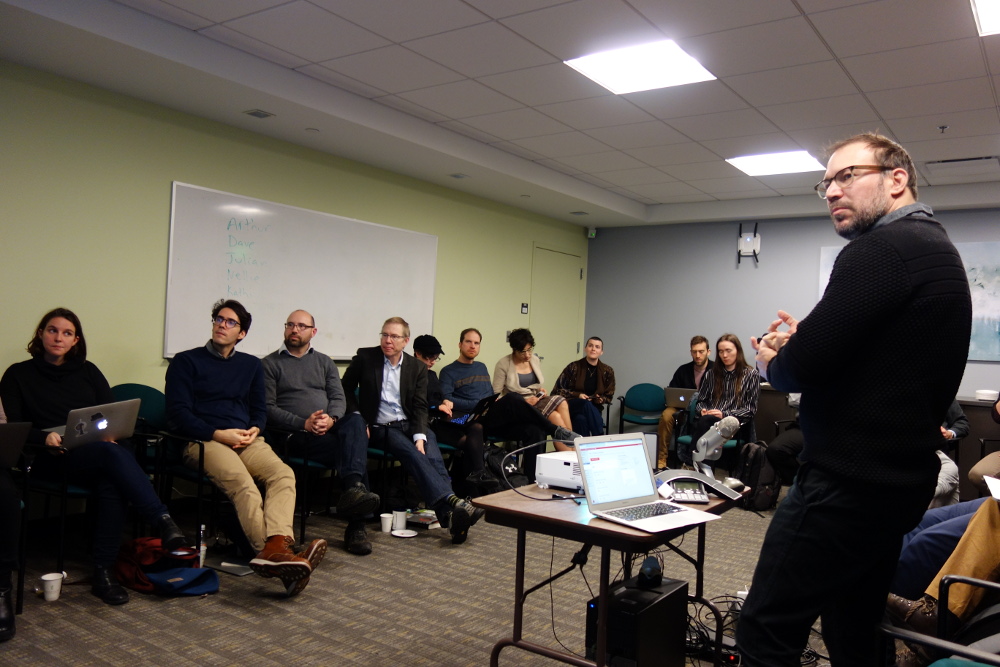
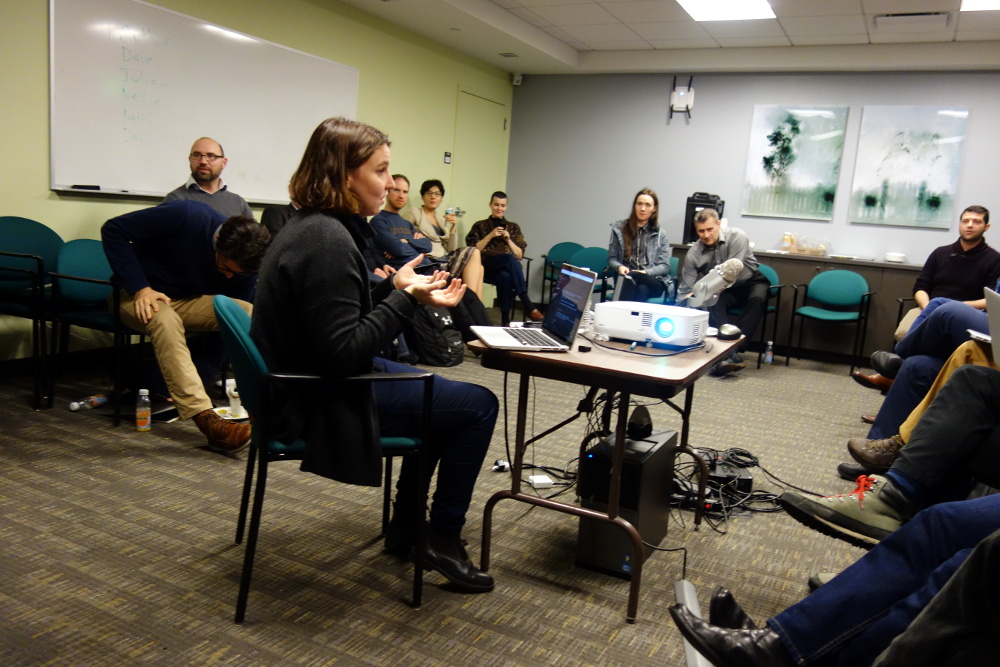
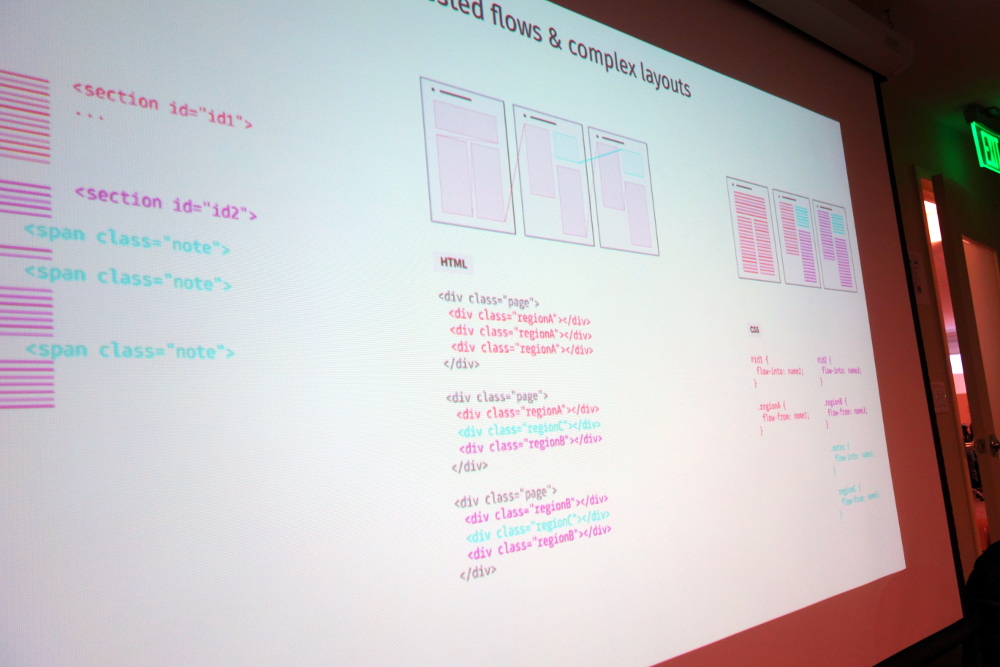
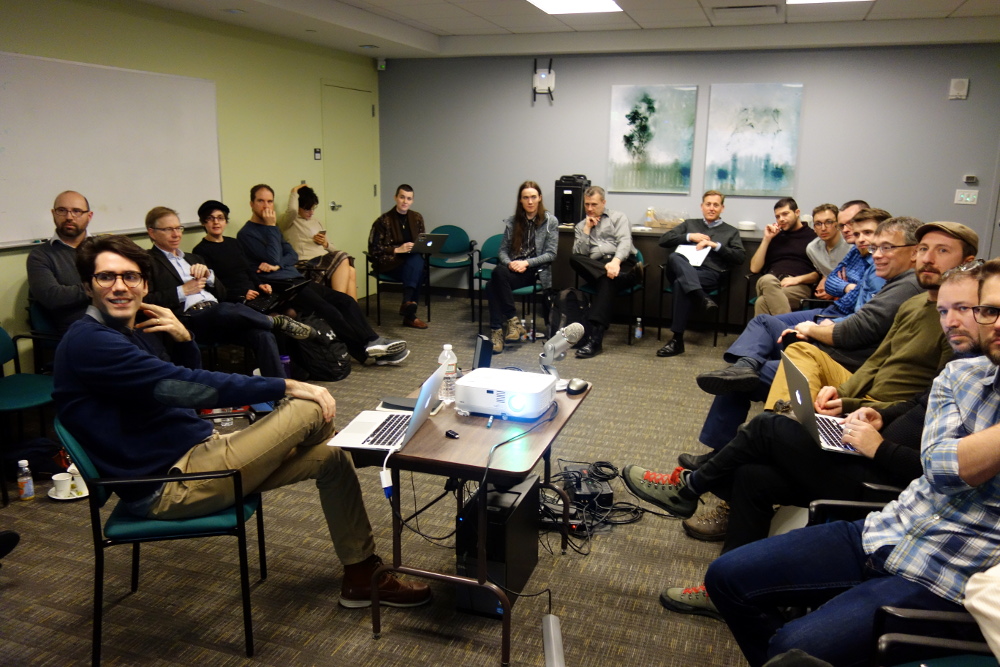
From yesterday. Will post also to pagedmedia.org
















Around 1460, the entrepreneur Johann Fust (commonly confused with Johann Faust) took some of the Gutenberg bibles to Paris to sell. Paris did not know of the printing press and rumours started. How could someone produce so many books so cheaply? How could they possibly be made so quickly and with the exact same rendering of all characters on all pages? The apparent ease and speed by which these books were produced had the feeling of witchcraft.
It’s a good story and a popular one, although it might actually be apocryphal. It seems, according to Elizabeth Eisenstein [see The Printing Press as Agent of Change, Cambridge University Press 1979, p50] that at that time, the “increase in output did strike contemporary observers as sufficiently remarkable to suggest supernatural intervention.” This story helps us imagine how Gutenberg’s Press changed the world forever, simply by making the production of books easier and faster. Before this, books were created by scribes copying the content by hand – a process which took tremendous time was prone to error and was very expensive. The newly invented printing press meant books could be made quick and cheaply. As a result intellectuals and artists were starting to work closely with printers, print shops became places where these people would meet and where knowledge started to cross disciplines, publishers eventually evolved, the economics surrounding knowledge changed, book production was made accessible to a vastly larger section of society, literacy increased, and knowledge was transmitted across societies and boundaries in ways previously unimaginable. Making books easier and faster to produce changed everything.
Because books are now web pages, book production again becomes easier. All the tools required to produce beautiful books can be accessed through a browser. ‘Web-based workflows’ for book production begin with an empty book and take you through the entire book production process without needing to leave the browser. Easy-to-use tools take you through this workflow and in so doing they change every part of book production. The book becomes something you can make, not something that publishers make for you.
This ease of production is assisted greatly by the development of online print-on-demand services and ebook distribution channels which integrate APIs. An API is an ‘Application Programming Interface’ – jargon for a technical process that enables websites and online services to integrate and work together. Using APIs, you can utilise the services from another website in your own webpage. For example Lulu.com – one of the world’s largest online print-on-demand services – allows you to upload books directly to their service from your own website. That makes web-to-new book production models and print workflows a whole lot easier and faster. Ebook distribution services are also offering APIs so platforms can push ebooks directly into their channel.
Book production coming online means new book production models can evolve and new kinds of publishing can emerge. Book production can become faster, publishing becomes something anyone can do, people from all over the world can share distributed workflows and work on the same content simultaneously. Book production is open to more people, and anyone can produce an array of books from best sellers to niche texts. Peer production markets of skills and knowledge can ben generated to enable the production of the books we want – faster, cheaper, and better than the current state of publishing.
Book production platforms to enable these advantages are just starting to appear. Wikis were, and still are for many, the default knowledge production platform and have been used many times to make books. But Wikis are not designed for making books. Not only do they do this badly but they do not foster a ‘book writing’ mindset. Wikis tend to be used for short form texts and often as a kind of textual mind map. Wikis do not deliver the ease of production we are looking for.
The same is true of blogging software. Blogs do seem to build a culture of slightly longer and more structured narrative forms which does help but blog software is not intended for producing books either. It is intended for producing another kind of text. It’s true that blogs like WordPress can be bent into many shapes and WordPress is often considered by many to be a Content Management Tool rather than a blog, but at the end of the day, building a non-blog becomes more work using WordPress than if you had chosen a tool built for that purpose.
Essentially Wikis, Blogs, and CMS all have very specific roles. Bending them to fit book production may work for a while, but they lack the possibility to richly explore online book production because they were not built to do this. They might be a useful shortcut for rapid prototyping but their inherent paradigm will soon get in the way. If you want to do something, then it’s usually more effective to use a tool built for that purpose. Additionally, it’s not just the tool’s purpose that counts: the culture surrounding how the tool is used is also important.
Having used a wiki to build a publishing system, I can say from experience that we soon ran up against core design principles of the tool that made it hard to make it do what we wanted. We could do all the basics but when we really started working in an immersive way with online book production, we found that there were many issues that a wiki could not handle without significant re-development of its architecture.
When building a software for book production there are some features and issues that need to be considered as part of the core paradigm. First – any platform operating in the world of open or federated publishing MUST be open source. Open content on a closed platform is a hypocritical position. You deserve to be skeptical of any platform like this and its relationship to you, your privacy, the ownership and control of content, the distribution paths open to you etc. Beyond the primary necessity that the platform must be open source there are 4 key features that should be easy to manage :
These are the basic 4 necessary ingredients.
Beyond this, there are some very important issues that need to be managed, either in a second tier of interface or done ‘automagically’ using default settings or presets:
That gets you to a basic ‘plain vanilla’ online book production environment. Of course it looks easy but it’s not. Realizing this simple vision is pretty easy if you wish to produce EPUBs. However, if you wish to support multiple output formats, it gets trickier. Paper books are especially tricky because you have to deal with the page – a real paper page. Paper pages need left and right margin control, page numbering, accurate linking of the page numbers to the table of contents, and not to forget bi-directional text rendering and widow and orphans control. Not only are these not very simple issues to resolve technically they are also offer very many questions about usability. How many of these options/parameters do you manage ‘by magic’ and how many (and how) do you expose to the user to control? This is when the going gets tough.
We are seeing a few online platforms evolve that are embracing some or all of these notions. The variety of feature sets and strategies is large but the following three online book production platforms are the ones I believe have the highest claim to having a stake in the game to date :
These three are the 3 best platforms on the radar for easy online book production right now. The web being what it is, means there will be more to enter the market and this will probably happen quickly. The iPad iBook Author is not mentioned here because although easy to use it is not an online tool and I believe this is a critical missing feature for reasons that will become clearer later.
I believe these three outlined above change the game and interestingly have their own distinct primary use cases and strategies. There will be more to come. If you believe Gutenberg’s efficiencies changed society forever then what effect will tools like these have? It’s a giddy question and from working with book production like this for 5 years now, I firmly believe making books in the browser is not just a matter of having an easy way of making books – it will have an enormous impact on society as a whole.